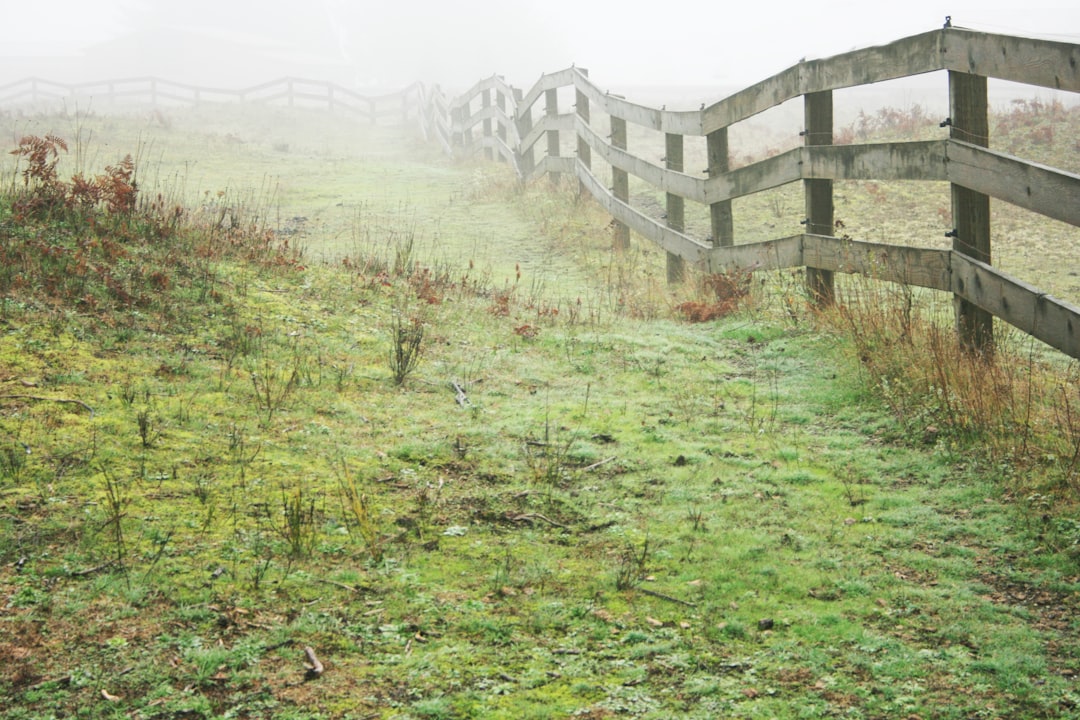Like most married couples, we had boundaries, but they got lost as the dementia took over. He became childlike and didn’t remember that you don’t swear at your wife, call your loved ones names, or refuse to go to doctor appointments. I could no longer be a wife in the usual sense but had to be a parent - telling him what to do and how to do it.
We’ve talked previously about caregiver burnout and the importance of self-care. Now, it’s time to look at the value of personal boundaries. They define how you want people to treat you and what you are willing to do. Having them in place is vital. And, as a caregiver, you must set, communicate, and honor them.
People have a right to set boundaries - to express their values, needs, and preferences and to protect their well-being. Boundaries help them gain and maintain a sense of balance over their situations - deciding what behaviors they will and won’t tolerate is imperative.
So, how can a caregiver build boundaries? The following video offers ideas for avoiding caregiver burnout - the physical, emotional, and mental exhaustion that can occur while you care for someone else.
Numerous websites discuss tips for caregivers, such as
Sustainable Caregivers - “When you feel guilty about setting the boundary, remind yourself that it is not selfish, but an important part of your self-care as a caregiver.”
5 Lessons in Setting Boundaries that Every Caregiver Must Learn. “As a caregiver, it’s essential that you become an expert in setting boundaries. Boundaries are the flip side of asking for help. And if you can do both - if you can learn to say, “No” and “I need your help,” you might just survive this experience.”
Maintaining Boundaries As a Caregiver: Go From Guilt to Glow - “Anger and frustration notify you of unfair or unsustainable conditions. Fear arises from uncontrollable events colliding with limited resources. Guilt displays our genuine wish to treat others well. Resentment stems from feeling unappreciated or trapped.”
The Aegis Living website provided these ideas. “Learn to say the word “no” and don’t feel like you need to give a long or detailed explanation to why.”
Had I read that information, identified my boundaries, communicated, and held on to them - my caregiving experience might have been different.
If you want to contribute to my work, consider donating to the Alzheimer's Association. This link takes you to their website. The choice is yours.




People have a right to set boundaries - to express their values, needs, and preferences and to protect their well-being. Boundaries help them gain and maintain a sense of balance over their situations - deciding what behaviors they will and won’t tolerate is imperative.
Thank you for these excellent resources Janice.